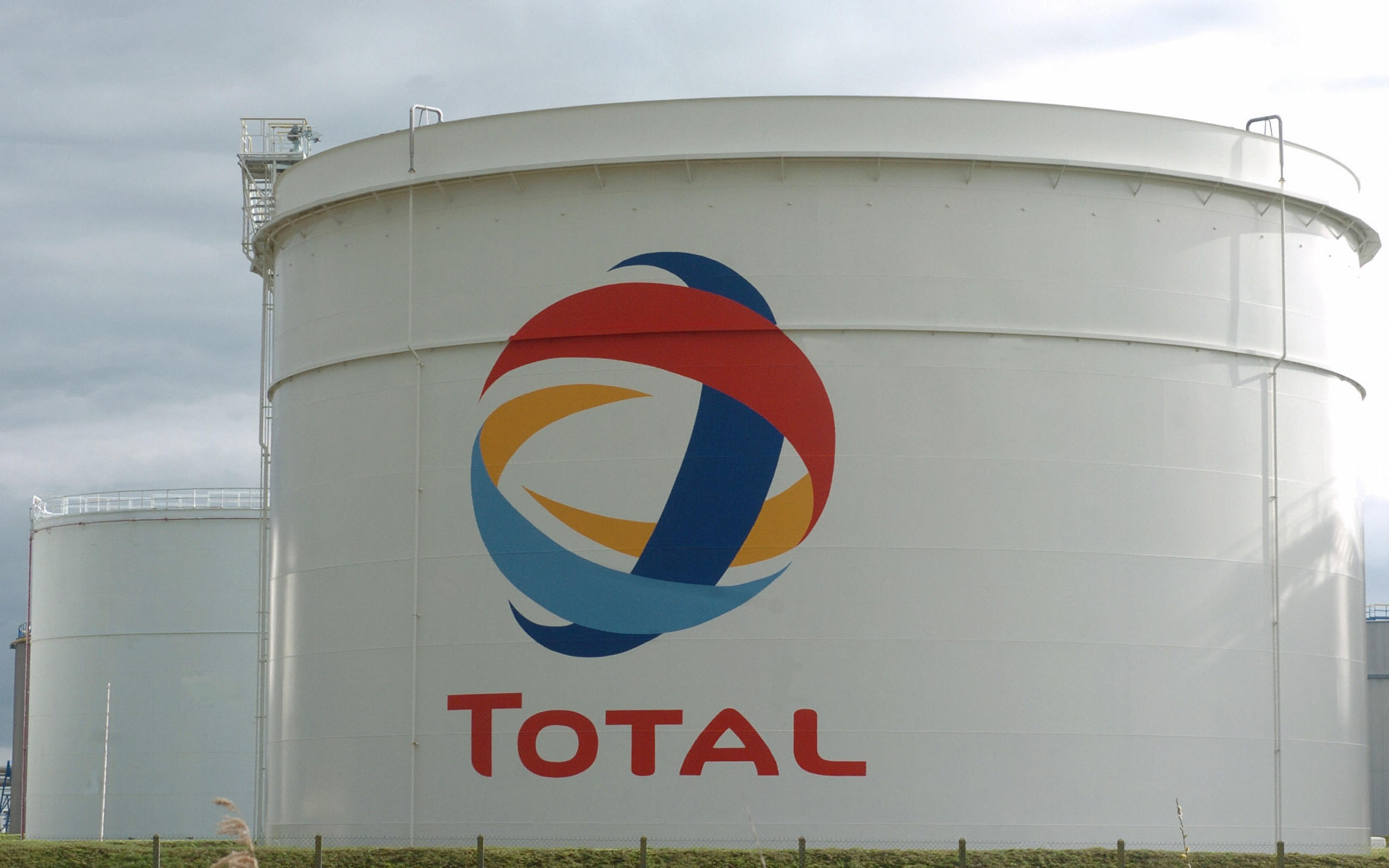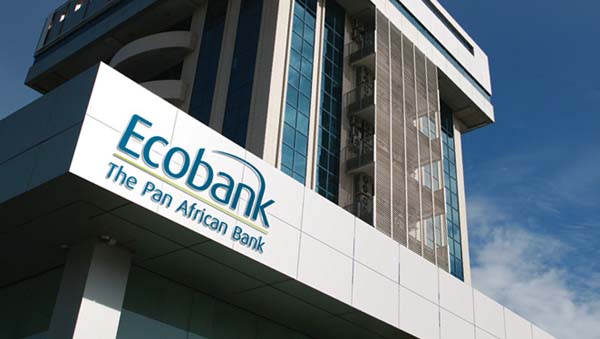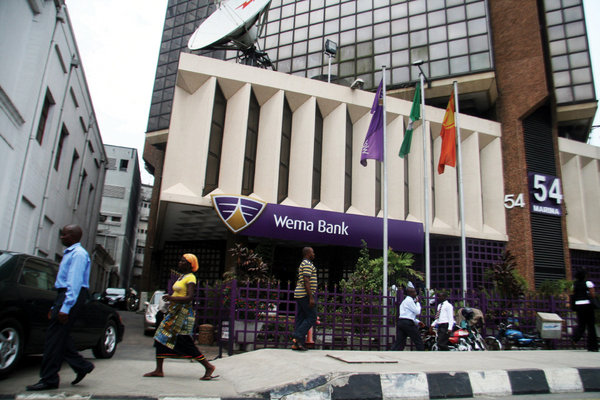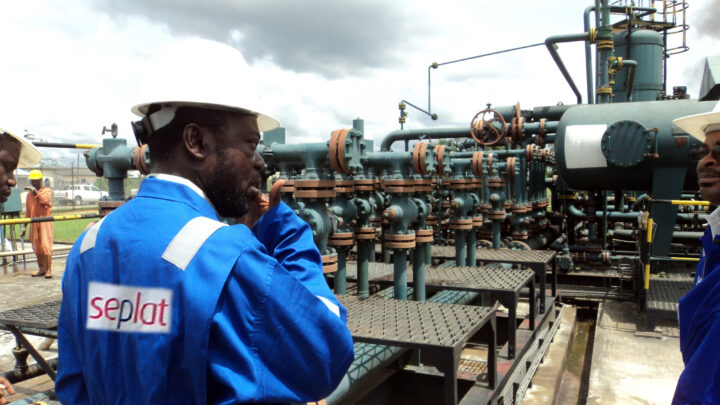Total Nigeria, the petroleum marketing major, finished first quarter trading with nearly 80% drop in net profit. This isn’t the result of any one-off event on the accounts but a reflection of operating pressure on both sides of revenue performance and operating cost behaviour. There is no indication therefore that the adverse cost-income relationship would change in the course of the year from the pattern seen in the first quarter.
The summary of the company’s first quarter operations is failing revenue and rising cost. These trends were in force last year and are accelerating in the current year. In 2014, the company managed to show 1% improvement in sales revenue but suffered a 17% drop in profit.
Total Nigeria closed first quarter operations with a slip in sales revenue to N60.04 billion. Neither of its two major product lines: refined petroleum products and lubricants could bulge up during the period.
Weak revenue growth and falling profit aren’t limited to Total Nigeria alone but are a sector-wide development within the petroleum marketing group. Among the first quarter reports so far, no oil marketer was able to grow sales revenue but the companies are either losing profit or hitting losses. Beyond the petroleum marketing sector, operating pressure has intensified across sectors and industries to the extent that even corporate giants are getting ruffled.
Advertisement
There is some element of optimism for Total that subsequent quarters could see a better earnings performance than the first quarter picture. This is based on the expectation that economic activity will pick up generally as from the second quarter after the election-induced slow down in the first quarter. Whether the company will be able to grow sales revenue in line with this anticipation will be a critical development to watch out for in the second quarter.
The company’s after tax profit slumped by 79.2% to N223 million at the end of the first quarter – the worst profit performance many years. Earnings reports from the sector so far are also showing the same pattern of profit drop. Forte Oil’s net profit dropped by 29% to N783 million in the first quarter and MRS Oil posted a loss of N920 million during the same period.
Total Nigeria’s sharp drop in profit against a flat growth in sales revenue means that some cost elements were out of alignment with revenue performance. The first culprit is selling/distribution cost, which grew by 17.7% year-on-year to N1.28 billion. This means the company spent more money on selling and distribution to achieve a unit of sales revenue than it did in the preceding year.
Advertisement
Administrative expenses grew by 13.1% year-on-year to N4.45 billion at the end of the first quarter and therefore claimed an increased share of sales revenue. Cost of sales failed to decline at N53.49 billion, which caused a decline of 7.8% in gross profit. The three cost elements accounted for a drop of 55.8% in operating profit at N910 million at the end of the first quarter.
The only favourable cost behaviour came from net interest expenses, which dropped by 18.6% to N284 million. This reflects an increase in interest income and a decline in interest expenses during the review period. The decline in interest cost is despite an increase of 8.4% in the company’s borrowings – which amounted to about N17 billion at the end of the first quarter.
It is not likely that the company will be able to keep interest expenses that low in the light of cash flow difficulties and the increasing balance sheet debts. Against net cash generation of N15.60 billion from operating activities at the end of 2014, operating activities consumed a net cash of N2.69 billion in the first quarter. The company is therefore likely to increase its borrowings further in order to meet its cash requirements for investing and financing activities this year.
The company’s ability to convert revenue into profit weakened considerably during the first quarter. Net profit margin sank from 1.8% in the same period last year to only 0.4% at the end of the first quarter. Net profit margin also went down last year from 2.2% in 2013 to 1.8% at the end of 2014.
Advertisement
The company earned 66 kobo per share at the end of the first quarter, a drop from N3.15 per share in the corresponding period last year. The full year earnings outlook for the company is clouded by the first quarter slow down and the uncertainty of recovery in the course of the year. It earned N13.03 per share last year and paid out a total dividend of N11 per share.







